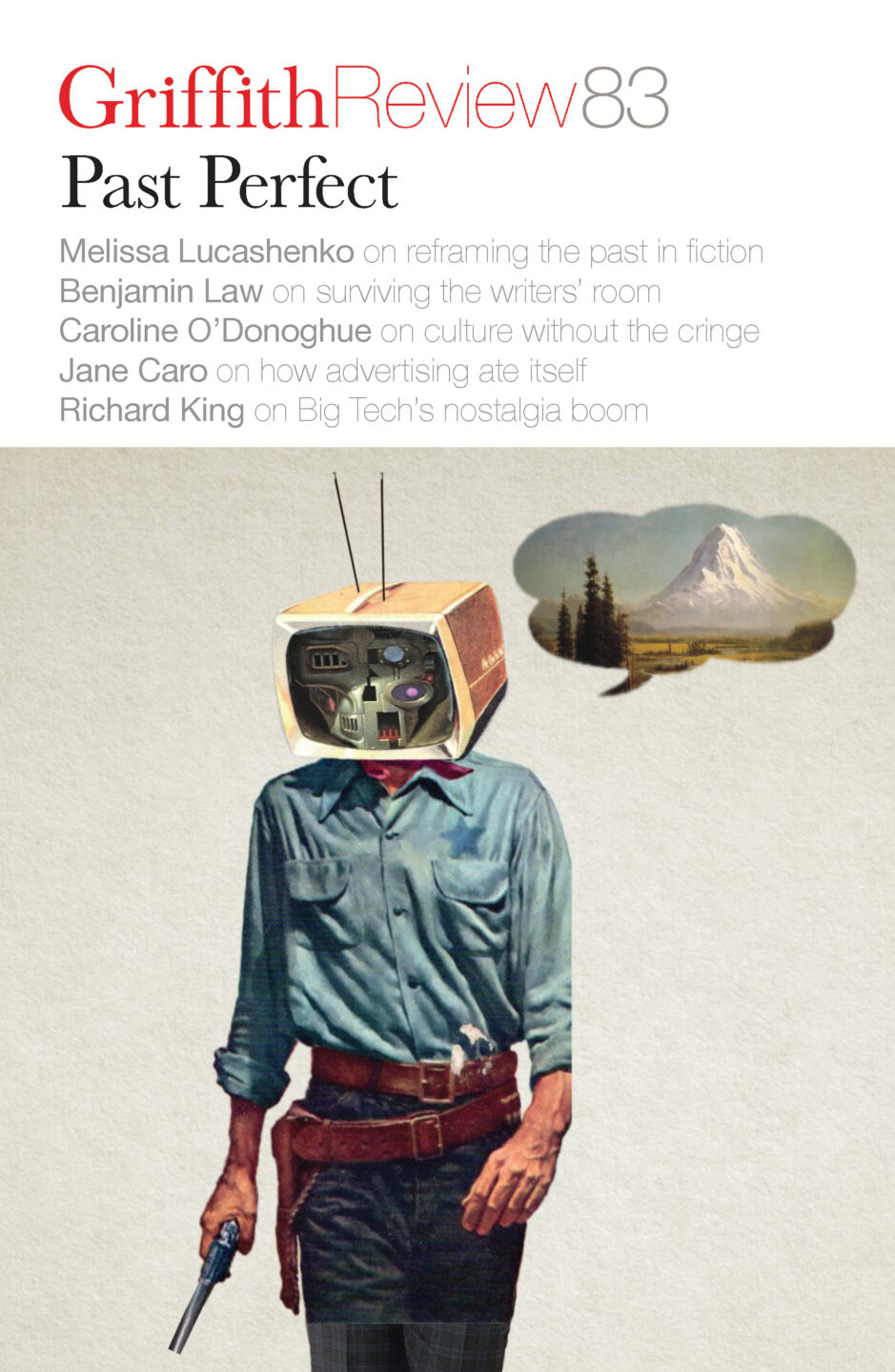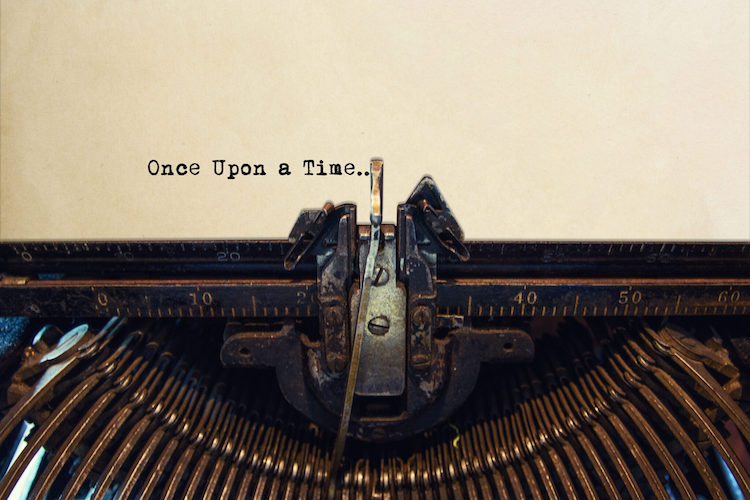Featured in

- Published 20240206
- ISBN: 978-1-922212-92-4
- Extent: 204pp
- Paperback, ePub, PDF, Kindle compatible

Already a subscriber? Sign in here
If you are an educator or student wishing to access content for study purposes please contact us at griffithreview@griffith.edu.au
Share article
More from author

When the ships become water nymphs
Poetry Swans that are almost swans, sharp-tongued fruits, mocking sheep farmers whose faces grow woollen, dancers at the bush-doof manic to their portable generators – changes come swift...
More from this edition

James and the Giant BLEEP
Non-fictionIt’s in this way that supposedly untranslatable words, for which our language has no exact or close synonym, are often so deeply pleasurable: not because those words reveal something about a worldview that’s unfamiliar or foreign to us but precisely the opposite.

The green gold grassy hills
FictionI’d missed her fiftieth birthday party the year before due to the usual restrictions of time and money. But as I stood at the window scrubbing vegetables, I wondered what had been so important that I hadn’t been able to make an exception for someone to whom a year could be a lifetime. Under-eights soccer game? Kids’ sleepover? But my partner could have done that on their own, couldn’t they?

In the Dollhouse
Poetry I don’t remember my Barbies, but Mother once told me I had twist-popped their limbs off. I do recall this one doll – she would wet her nappy if...